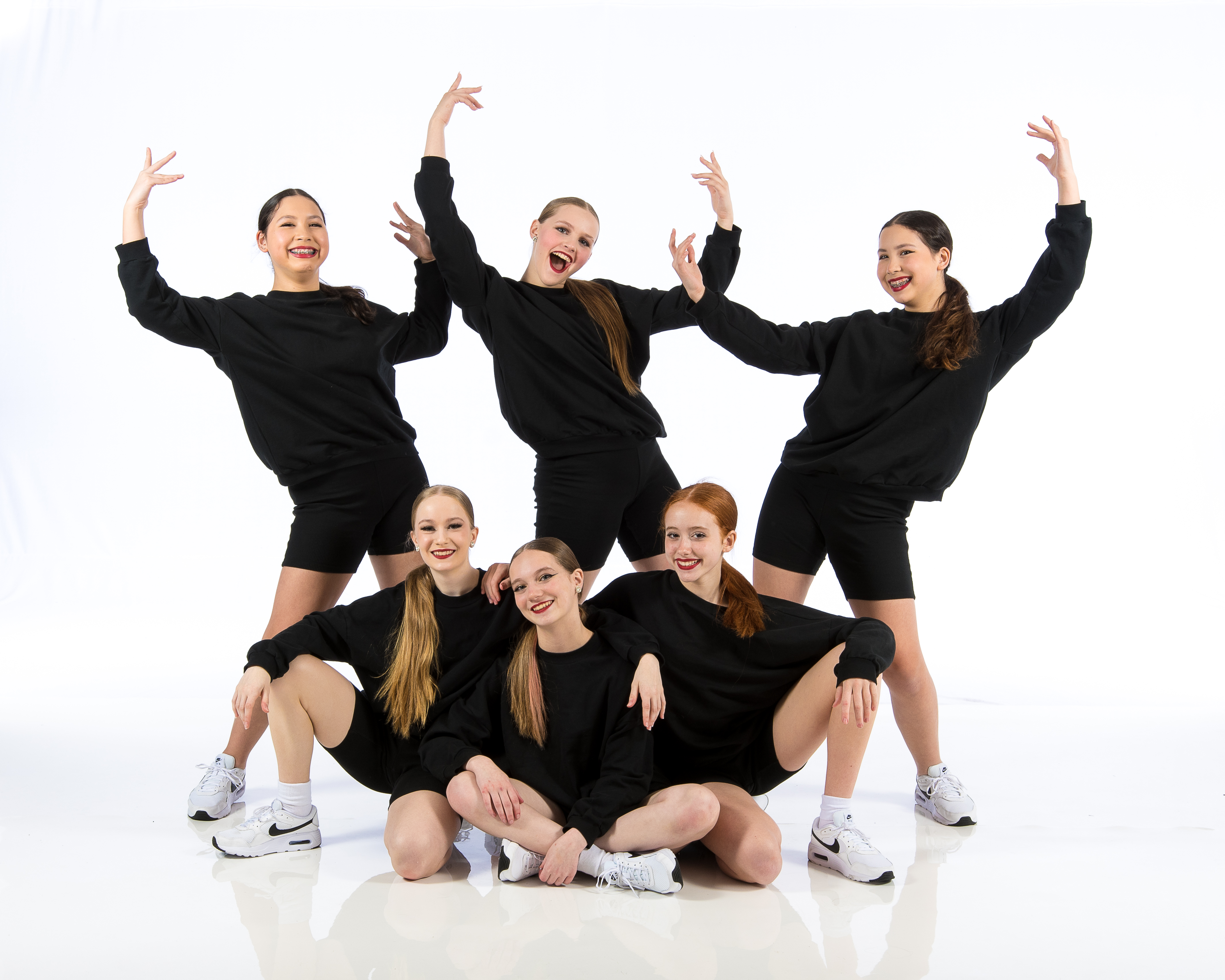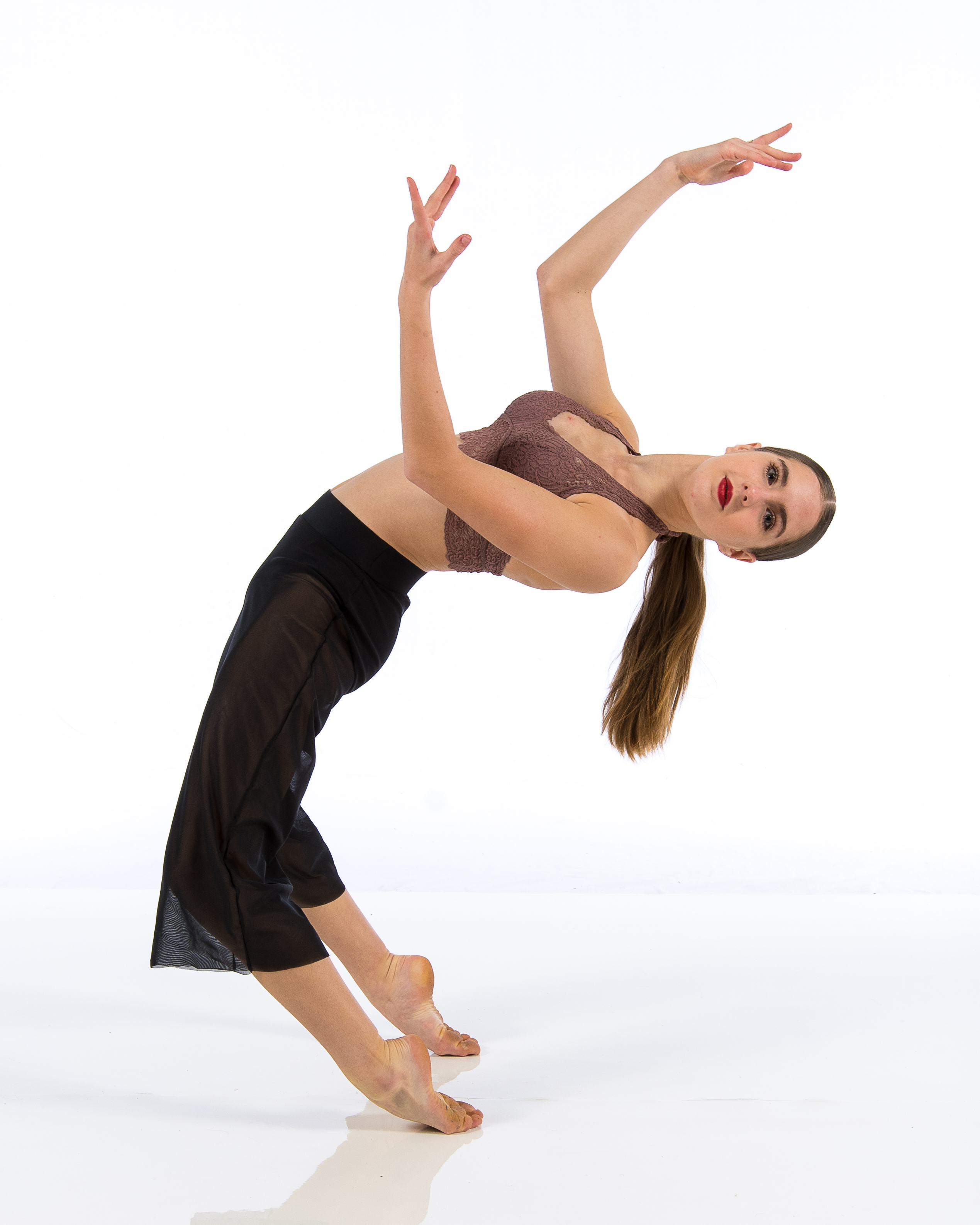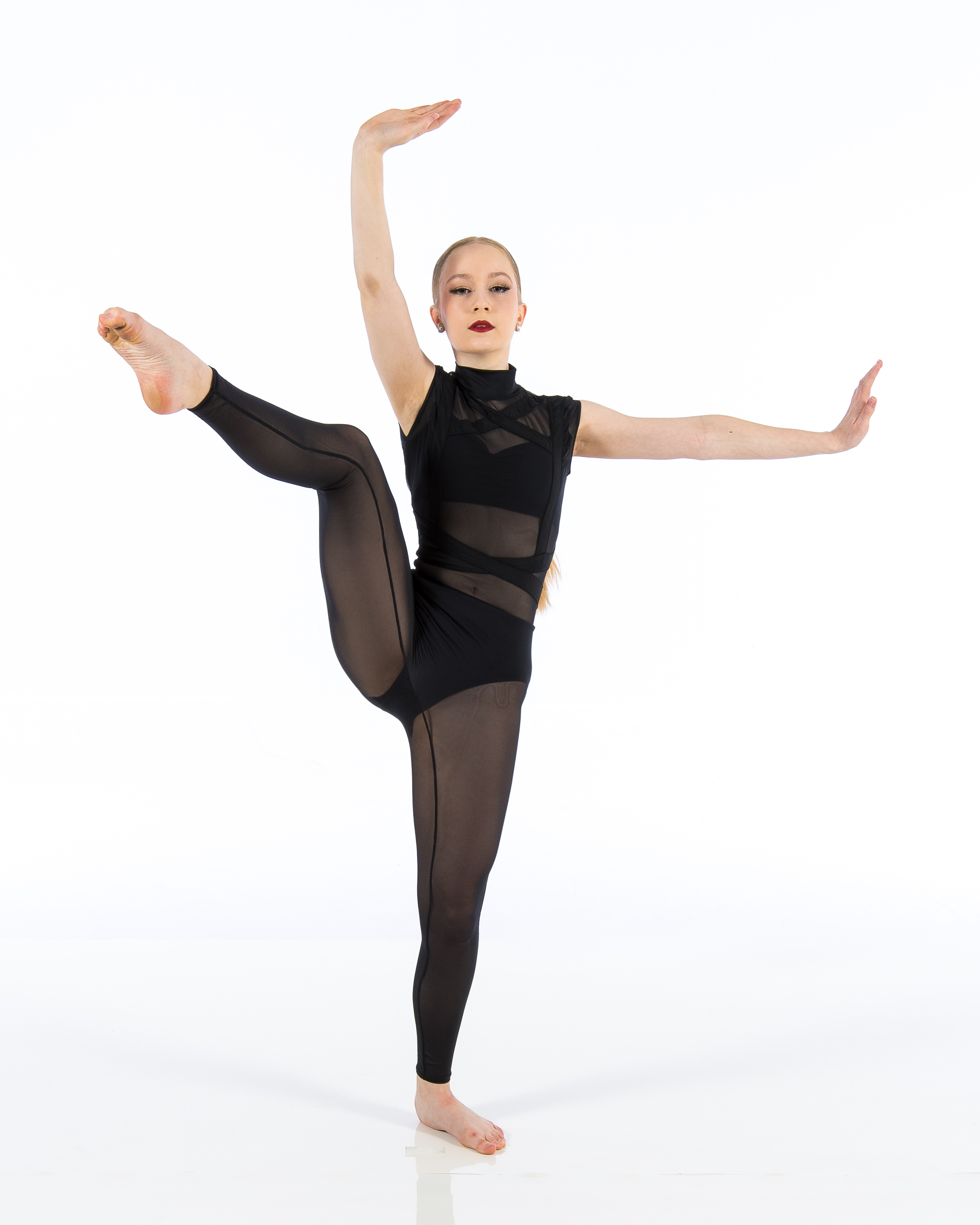Introduction
Dance is an art kind that goes beyond obstacles, joins areas, and bursts with the vitality of human expression. Whether you're a budding dancer entering a dance studio for the very first time or an experienced entertainer wanting to improve your craft, comprehending dance studio etiquette is necessary for making sure a positive experience. This comprehensive overview labelled From Beginner to Expert: Browsing Dance Studio Decorum for an Unified Experience will certainly take you with every aspect of dance studio habits, giving insights that will certainly elevate your experience and foster more powerful partnerships within the dancing community.
Understanding Dance Studio Etiquette
What is Dance Studio Etiquette?
Dance studio rules describes the collection of unwritten rules and social norms that govern actions in a dance classroom setting. Much like any type of various other creative environment, respecting these guidelines can enhance not only your learning experience but also that of your peers.
Why is Dance Studio Rules Important?
Adhering to correct rules aids develop an atmosphere of regard, focus, and collaboration. It cultivates a feeling of community and enables dancers to sustain each various other in their development while minimizing disturbances during class.
From Amateur to Professional: The Relevance of First Impressions
Preparing for Your Very first Class
Walking right into a dance studio for the very first time can be stressful. To make a memorable first impression:

- Dress properly: Use comfortable clothes ideal for the type of dancing you're studying. Arrive early: Purpose to reach the very least 10-- 15 minutes before class begins. This gives you time to check in, heat up, and settle in.
Greeting Your Instructor
A pleasant welcoming collections the tone for your experience. Always present on your own if it's your fabulous! An easy "Hi" or "Greetings" can go a lengthy method in developing rapport.
Classroom Conduct: The Do's and Do n'tshtmlplcehlder 46end.
Do's: Positive Behaviors
Be Respectful: Respect everybody's personal room-- especially when exercising moves. Listen Proactively: Show attentiveness when teachers are speaking; it reveals you value their guidance. Support Your Peers: Motivate fellow professional dancers; positivity types encouragement.Don'ts: Negative Behaviors
Avoid Disturbances: Keep personal discussions outside the classroom. Don't Usage Your Phone: Silence your phone during class; it's disruptive. Refrain from Interrupting: Wait till the trainer finishes prior to asking questions.The Function of Personal Room in Dance Studios
Understanding Boundaries
Personal room differs from person to person, especially in a dancing setup where physical distance is frequently necessary throughout technique routines.
Communicating Convenience Levels
If you feel uneasy with exactly how close an additional dancer is obtaining during partnered exercises or formations, it's crucial to communicate this nicely and professionally.
Maintaining Professionalism and reliability: Gown Code and Grooming
Importance of Correct Attire
Each dance style often has its own dress code-- whether it be leotards for ballet or baggy clothes for hip-hop classes-- sticking to these requirements shows respect for both your craft and your instructor.
Personal Health Matters
Dancing requires physical effort, which can result in sweat. Ensure you keep great health by showering prior to course and using clean attire.
Behavior Throughout Class: Concentrating On Learning
Engaging with Instruction
It's important to stay focused throughout demonstrations. Instead of just enjoying, proactively involve by visualizing how you would implement each movement.
Asking Inquiries Appropriately
Curiosity boosts finding out! If something isn't clear, do not hesitate to ask concerns-- however guarantee they matter and positioned at ideal times (ideally after guidelines).

Feedback: Embracing Useful Criticism
Accepting Feedback Gracefully
Constructive objection is component growth in any kind of art form. Welcome feedback with an open mind and prevent becoming defensive; bear in mind that review intends to assist improve your skills!
Offering Responses Thoughtfully
When giving comments to peers, ensure it's Dance Classes useful instead of critical; focus on what they succeeded along with locations for improvement.
Creating Harmony With Teamwork
The Relevance of Group Spirit
In many dance designs, team effort plays a pivotal duty; establishing sociability with fellow dancers causes enhanced performances.
Collaborating Throughout Group Exercises
When associated with team tasks or choreography practices, motivate creative thinking by valuing everyone's concepts while likewise contributing your own constructively.
Handling Disputes Gracefully
Addressing Arguments Maturely
Conflict may develop due to misunderstandings or varying opinions on choreography selections. Tackle these issues independently instead of publicly airing complaints which might interrupt course harmony.
Seeking Arbitration When Necessary
If conflicts intensify past individual resolution efforts-- seek advice from trainers who can moderate successfully based upon their experience dealing with similar situations.
Post-Class Rules: Leaving on a Great Note
Thanking Instructors After Class
Always reveal appreciation towards your teacher after lessons; this enhances favorable relationships while acknowledging their difficult work!
Keeping the Studio Clean
Whether it's getting water bottles or nicely arranging props post-class-- maintaining cleanliness shows respect for shared rooms utilized by all dancers!
Engaging Beyond Class Time: Building Community Relationships
Joining Social Events
Participate in get-togethers organized by workshops such as displays or open houses-- these events supply possibilities for networking while improving area ties outside structured lessons!

Supporting Fellow Dancers' Performances
Attending peers' performances shows solidarity within the dance neighborhood-- it motivates engagement past plain participation at classes!
Frequently Asked Questions (Frequently asked questions)
1. What need to I use for my very first dance class?
Choose comfortable attire ideal for the specific design you're taking (e.g., leotards for ballet). Always inquire about dress codes beforehand!
2. Is it fine to talk throughout class?
It's finest method not to participate in side conversations throughout instruction as this distracts both trainers & & fellow students alike!
3. Just how do I manage feeling overwhelmed?
Take deep breaths & & advise yourself that every dancer started someplace! Connect any type of battle with instructors that might provide additional support if needed!
4. What happens if I differ with choreography choices?
Express issues pleasantly either privately or within assigned responses sessions instead of freely critiquing during rehearsals; preserving professionalism aids resolve disagreements amicably!
5. Need to I bring water right into the studio?
Absolutely! Remaining hydrated boosts performance levels; just guarantee containers are securely closed so spills do not occur on floors where others are dancing!
6. Just how important is punctuality?
Preparation is crucial as showing up late interferes with focus degrees while causing disturbances; goal always arrive early enough allowing time workout effectively prior to courses commence!
Conclusion
Navigating through a dance studio setting can appear intimidating initially glance however mastering appropriate decorum inevitably transforms one's journey from amateur condition toward experienced level creativity! By sticking closely well established actions outlined throughout this overview entitled From Novice To Expert: Navigating Dance Studio Rules For An Unified Experience *, you'll grow indispensable relationships within communities enriched creativity while honing technological expertise alongside valued mentors! So lace up those shoes with confidence tip onto that floor-- the world awaits your special expression via movement!